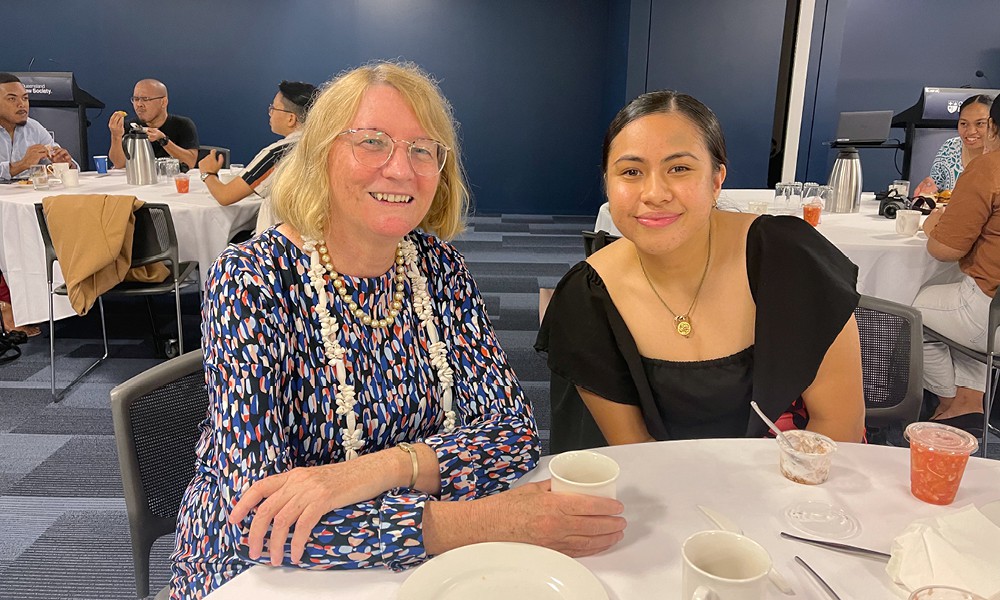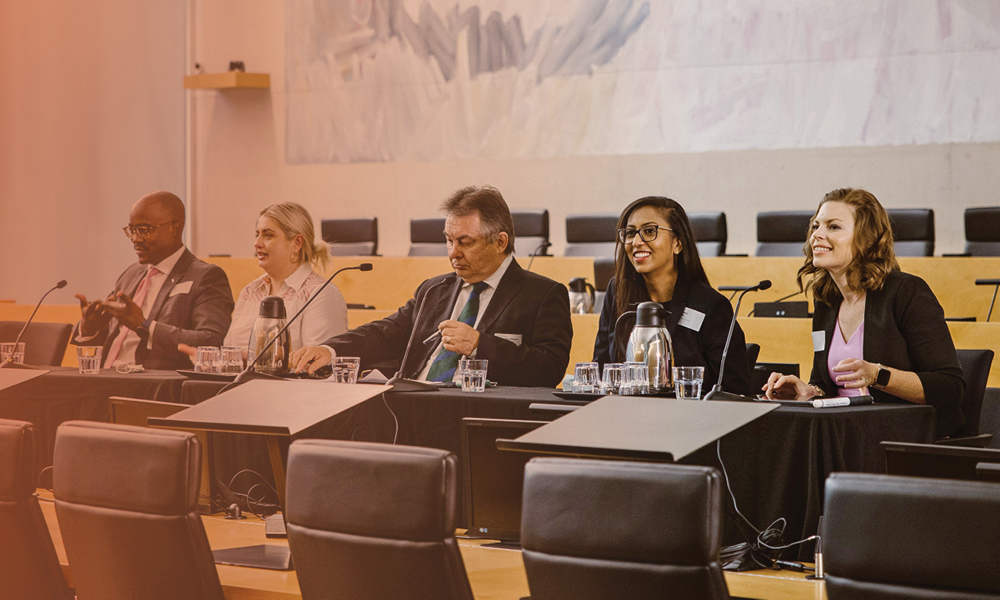The workplace of the 1960s was in a very different era to today’s world.
Rows and rows of identical desks dominated vast open spaces while the bosses’ offices occupied every corner. Men paced the floors doing the ‘real’ work, while the under-represented females participated in stereotyped tasks such as secretary, tea lady or typist. This was your typical office environment mid-last century.
Fast forward to the new millennium and workplace culture has had a major facelift. Diversity and inclusion has become the new normal as organisations strive to balance their workforces with a mix of backgrounds and abilities.
But what does striving for diversity and inclusion in the workplace actually mean? It’s more than gender quotas or tokenistic morning teas promoting one attribute of diversity or another. It’s a holistic focus on encouraging all people to bring their whole selves to work, strengthening their workplace and the profession as a whole with their diverse perspectives and abilities.
The Diversity Council of Australia’s Inclusion @ Work survey found that inclusion is not only better for team performance but that employees working in an inclusive workplace are:
- five times more likely to be very satisfied
- two times more likely to receive regular career development
- two times more likely to have been given constructive performance feedback
- three times less likely to leave their current employer.1
Diversity and inclusion is high on the agenda in most organisations because of the benefits and positive impacts it delivers – greater profitability and productivity, and a happier, more engaged workforce. This means that many organisations and their human resources teams across the world are focusing on diversity and inclusion policies and consciously recruiting and working to retain a diverse mix of people to bring a range of backgrounds, perspectives and abilities.
“Gender, ethnicity, sexual preference, religion and age – all… have rightly become part of the modern workplace.”
But what about diversity and inclusion in the Queensland legal profession? We have seen our profession bridge the gender gap. Today, women make up the majority of the Queensland legal workforce. According to the 2018 National Profile of Solicitors, 51% of solicitors in Queensland are women2 – a great achievement for the legal profession.
However, we know that diversity and inclusion is much broader than that. Gender, ethnicity, sexual preference, religion and age – all of these people with their different and complex backgrounds and abilities have rightly become part of the modern workplace and are a huge consideration in the diversity and inclusion conversation.
So where does the Queensland legal profession sit in the world of diversity and inclusivity culture? First Nations, the rainbow community and persons with a disability – how do they feel they have made their mark in a profession, which like many others, has only recently embraced the change? And what changes are still needed to build a genuinely diverse profession, with the strength and connection to our communities needed to truly serve Queenslanders in the 21st century?
From minority groups to our experienced practitioners to our law firm HR departments, everyone’s path to diversity is different and it is this journey where lessons are learned. Listening to those who have already walked the path, and are currently walking the path, will provide much needed information to help us continue to mould the profession’s response to diversity in an ever-changing landscape.
Over the coming months, Proctor will cover more viewpoints from people of all walks of life and abilities and at all stages of their legal career journey as well as hearing from law firms about their own diversity journeys.
Louise Corrigan is a Queensland Law Society Senior Corporate Communications Executive.
Footnotes:
1 Diversity Council Australia (O’Leary, J and D’Almada- Remedios, R) ‘DCA Suncorp Inclusion@Work Index 2019–2020: Mapping the State of Inclusion in the Australian Workforce’. Sydney: Diversity Council Australia, 2019.
2 Urbis (2019) ‘2018 National Pro_ le of Solicitors’. Sydney: Law Society of NSW, 2019.
This story was originally published in Proctor March 2020.











Share this article